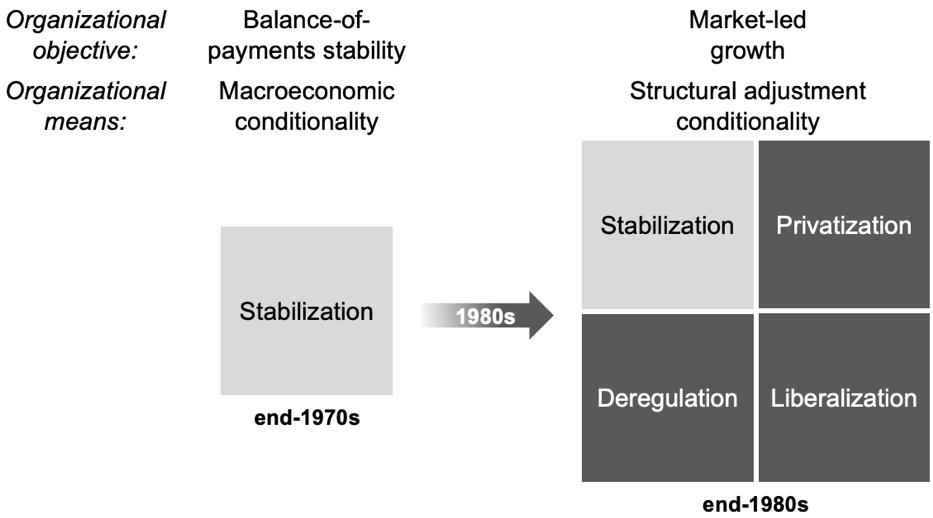
Social scientist. Interested in political economy, international development, and public health.
How to get URL link on X (Twitter) App

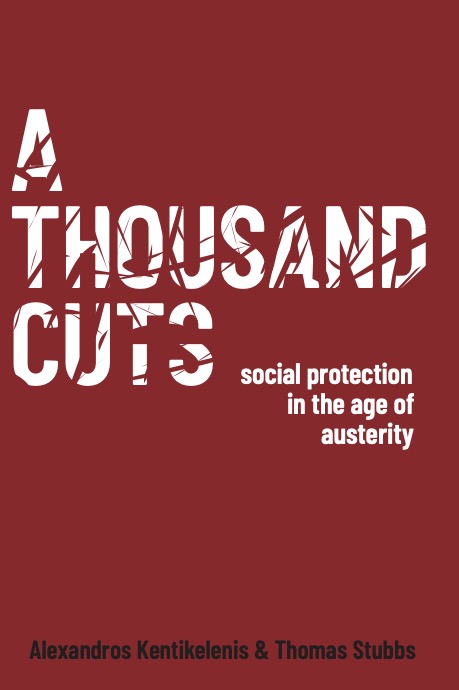
 Austerity measures are a key feature of the post-pandemic world: half of developing country govts will be spending less in 2024 than in the 2010s.
Austerity measures are a key feature of the post-pandemic world: half of developing country govts will be spending less in 2024 than in the 2010s. 

 According to luminaries of global economic governance, fiscal policy will not be the same in the aftermath of the pandemic.
According to luminaries of global economic governance, fiscal policy will not be the same in the aftermath of the pandemic.


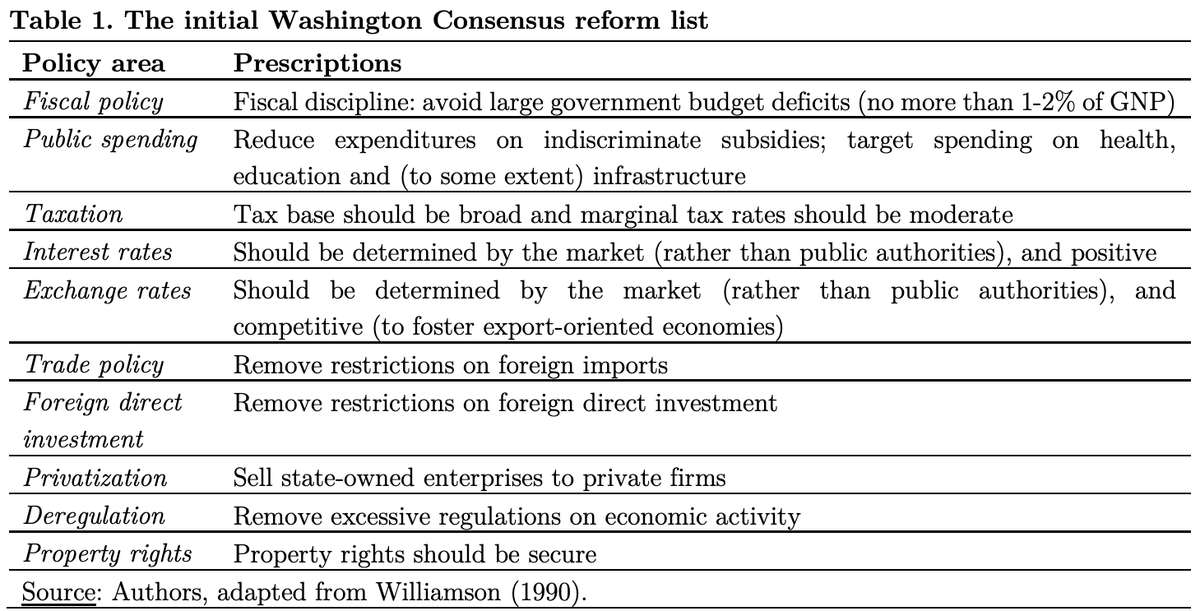





 Pre-1980s, when countries were faced with external economic shocks, they commonly chose to pursue “a unilateral suspension of payments followed by a lengthy moratorium and an eventual settlement on debtor-friendly terms.”
Pre-1980s, when countries were faced with external economic shocks, they commonly chose to pursue “a unilateral suspension of payments followed by a lengthy moratorium and an eventual settlement on debtor-friendly terms.”
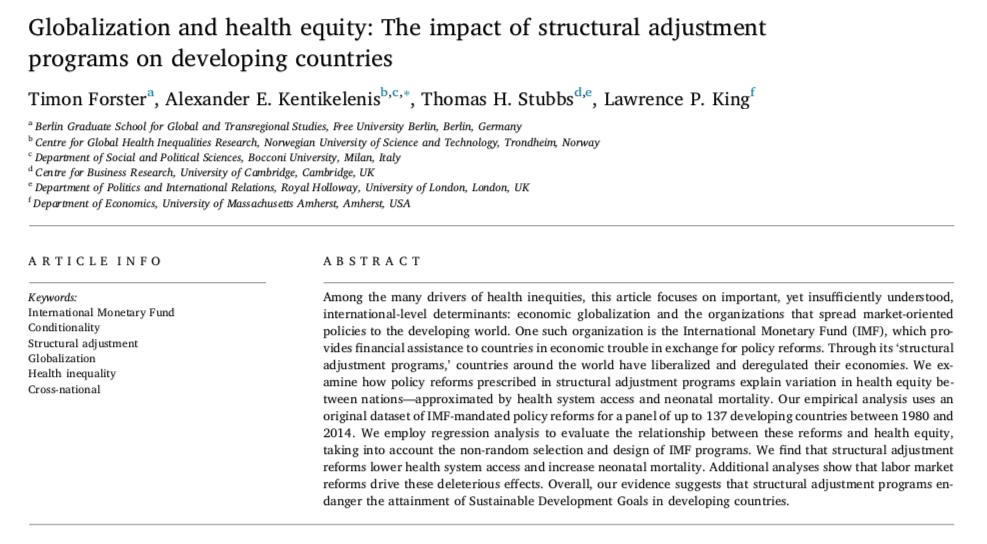
 International organizations are broadcasting their commitment to aiding #SDG attainment. But might their actual policy advice hurt progress towards these goals? We look at the case of the #IMF.
International organizations are broadcasting their commitment to aiding #SDG attainment. But might their actual policy advice hurt progress towards these goals? We look at the case of the #IMF.
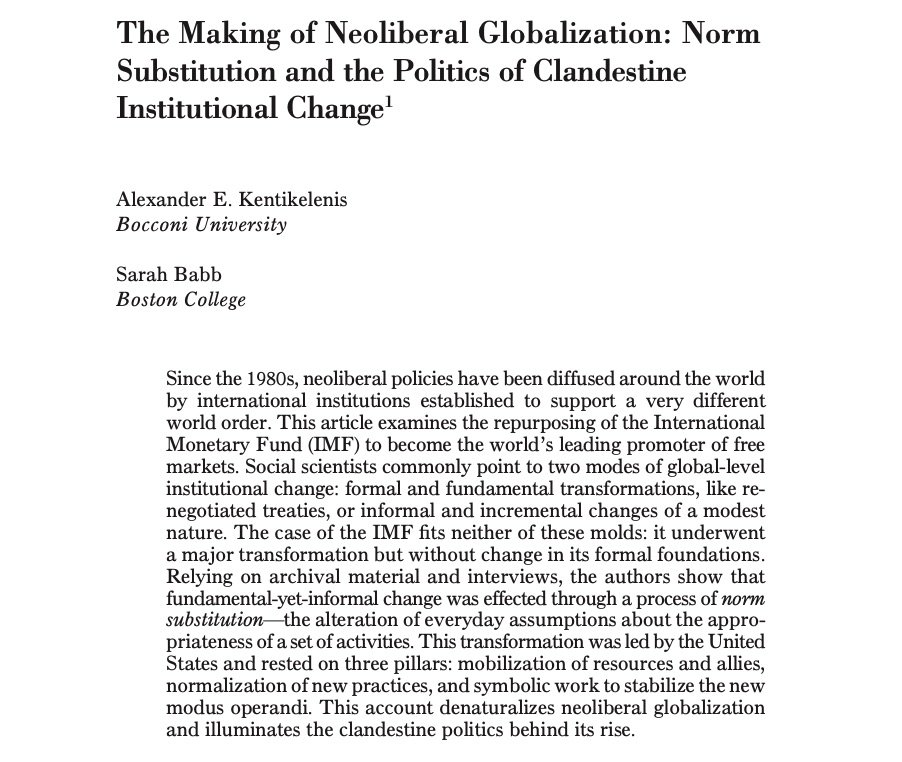
 In 1980s, int'l orgs set up to support post-war "embedded liberal" order were refashioned to become leading promoters of neoliberalism.
In 1980s, int'l orgs set up to support post-war "embedded liberal" order were refashioned to become leading promoters of neoliberalism. 